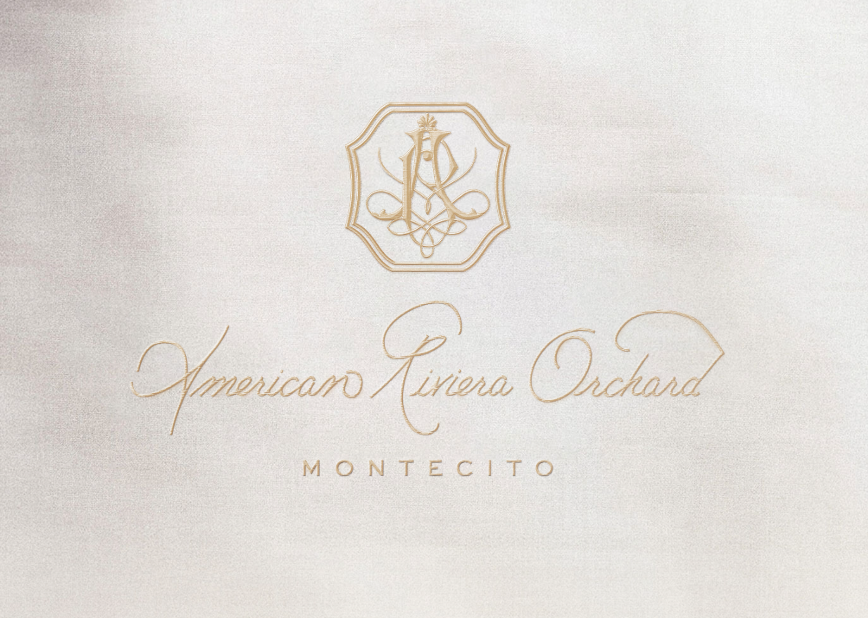One thing we always advocate for is mediation over legal action, trying to reach a compromise without going to court usually saves time and money and often the people on the other side can be very reasonable as this example demonstrates.
This is the story of how people power changed a trademark owners view and in doing the right thing, raised that company’s profile with positive PR.
In the world Food and Drink certain dishes are more than just a plate of ingredients, they’re cultural icons, holding the flavours, histories, and identities of entire nations.
In the UK, a popular Vietnamese restaurant chain called ‘Pho’ recently learned just how powerful cultural symbols can be. The company, which has been serving Vietnamese cuisine to British diners since 2005, faced an unexpected backlash this October, when it was revealed that they had trademarked the term “pho” back in 2007, sparking public outcry and a wave of criticism on TikTok.
The dish in question, pho, is Vietnam’s national dish, a steaming, aromatic bowl of rice noodles, typically paired with herbs, spices, and a protein of choice. If you have not had Pho you should try it, it’s loved worldwide for its comforting, rich broth, pho is more than just a culinary experience; it’s an emblem of Vietnamese culture and pride. As such, many argued that trademarking the name ‘pho’ was a step too far, as it attempted to place legal ownership on a dish that belongs to Vietnamese people everywhere.
The controversy came to the forefront when TikTok creator @iamyenlikethemoney posted a video calling attention to the trademark. Her video quickly went viral, amassing millions of views and igniting a wave of disapproval. Users expressed frustration and disappointment, especially within the Vietnamese community and among those who believed that the trademark was a form of cultural appropriation.
Comments flooded the platform, urging ‘Pho’ to relinquish its hold on the name.
The video then broth attention to a dispute back in 2013, where ‘Pho’ had reportedly sent legal notices to Mo Pho Viet Cafe, a small Vietnamese-owned restaurant in London, warning them of potential trademark infringement. The move was seen as aggressive by many, and accusations of cultural insensitivity lingered. Still, the issue seemed to fade until social media once again brought it into the spotlight.
Within days of the TikTok outcry, ‘Pho’ responded publicly, announcing that they would be surrendering their trademark on the word “pho.”
In an official statement, a spokesperson expressed understanding of the concerns raised, stating:
“We have always loved the Vietnamese food and culture that inspired Pho Holdings, and have been listening to the comments from the past week. We understand the concerns and have today filed a request to the Intellectual Property Office to surrender our registered trademark on the use of ‘pho’.”
The decision was met with applause, especially from those who felt that a crucial aspect of Vietnamese heritage should remain free from legal constraints.
This move by ‘Pho’ highlights a broader conversation around cultural appreciation versus appropriation. In an increasingly globalised world, businesses are often inspired by international names and language.
Trademarking foreign words may get you a local trademark in the UK for example but are you thinking about whether you take your brand overseas and are you running the risk of commodifying something deeply meaningful to the communities from which these elements originate.
These are all considerations when choosing and investing into a brand. That’s not to say you can’t have a descriptive brand, you just shouldn’t be able to stop other people using it which runs the risk that people will pass off on your success.
Going back to Pho, the response to this UK Trademark incident has been largely positive, with many seeing it as a step in the right direction for respecting cultural integrity in business practices. It also raises questions about how companies can balance brand protection with cultural sensitivity. Protecting one’s brand is crucial in a competitive market, but doing so should never overshadow the respect owed to cultural symbols.
For the Vietnamese community in the UK and abroad, this moment is a victory. The relinquishment of the trademark serves as a reminder of the importance of cultural preservation. Pho is, after all, not just a dish, it’s a tradition, a shared memory, and a piece of Vietnamese identity. Allowing it to remain free from commercial trademarks feels, to many, like the right decision.
In the end, this decision allows ‘pho’ to remain what it has always been, a shared culinary experience for anyone who wishes to enjoy it. In an age where cultural icons can quickly become trademarks, ‘Pho’s’ choice to release its claim demonstrates that there is still room for respect, understanding, and, most importantly, humility.
Our thoughts
This incident serves as a case study for brands across the globe and serves as a gentle but powerful reminder to tread carefully when incorporating cultural symbols into your branding strategies.
As for ‘Pho’, the restaurant chain, it seems they are taking the lesson to heart, acknowledging that the value of a name, especially one steeped in cultural significance, is priceless and beyond ownership. How that impacts them from a branding perspective long term remains to be seen.
We believe that brand guidance is an essential part of our UK Trademark Services. We often advise clients on the suitability and longevity of a brand they wish to trademark. Sometimes






